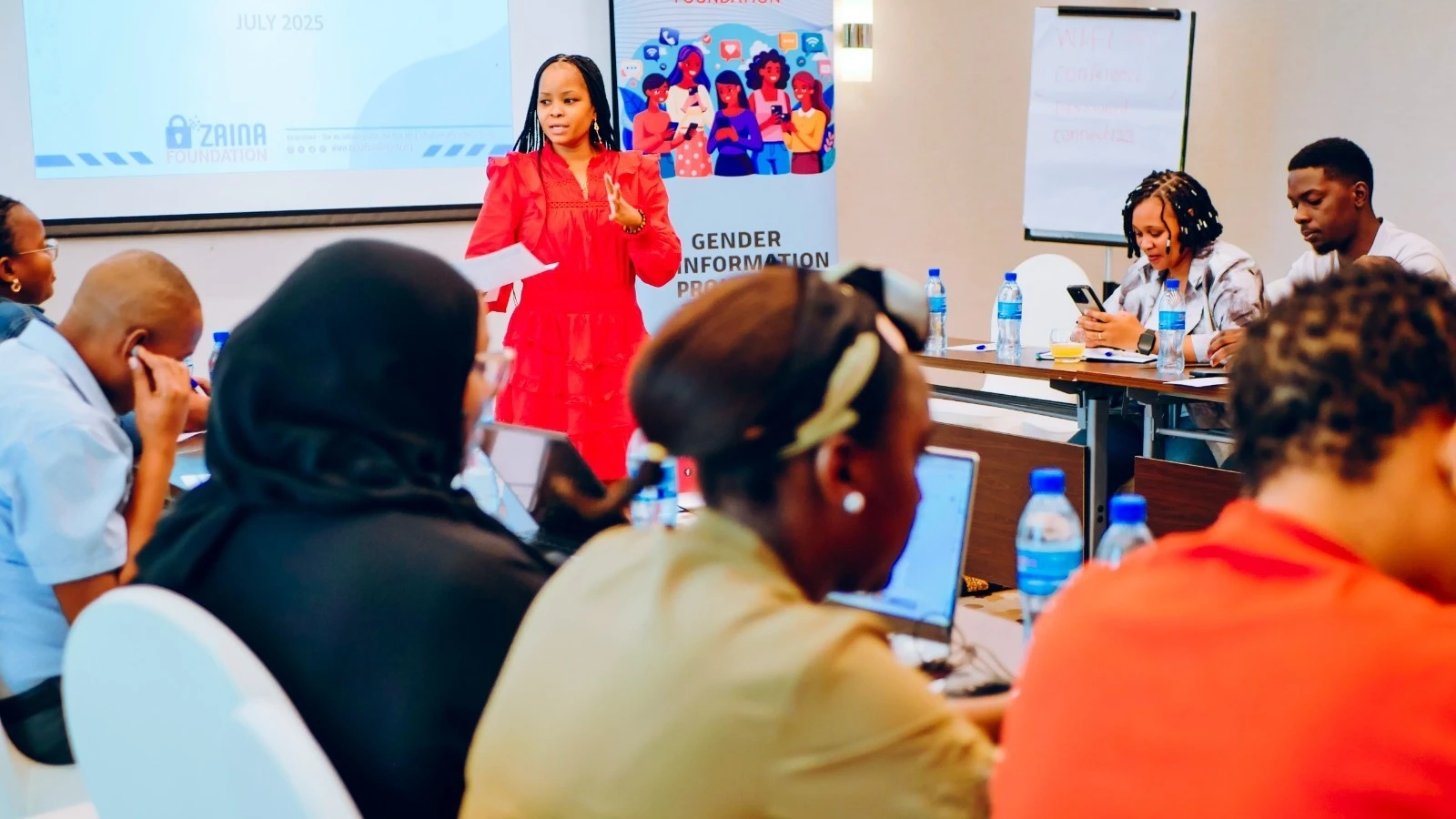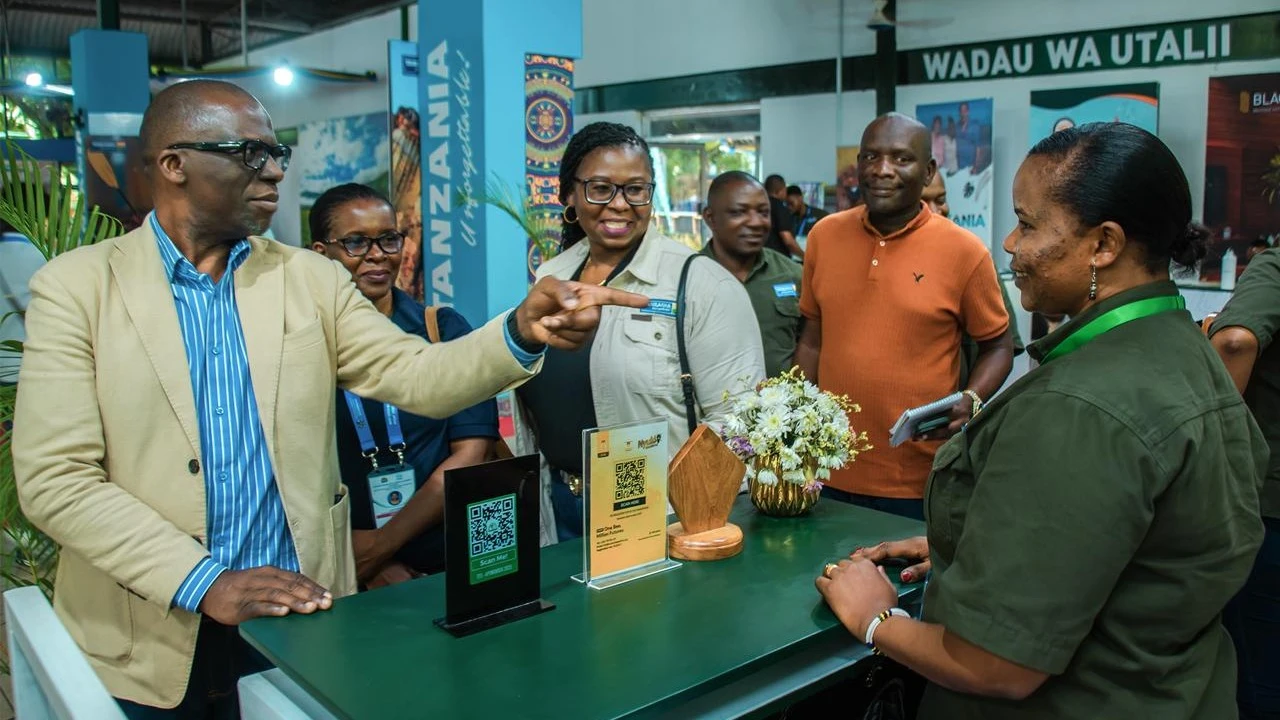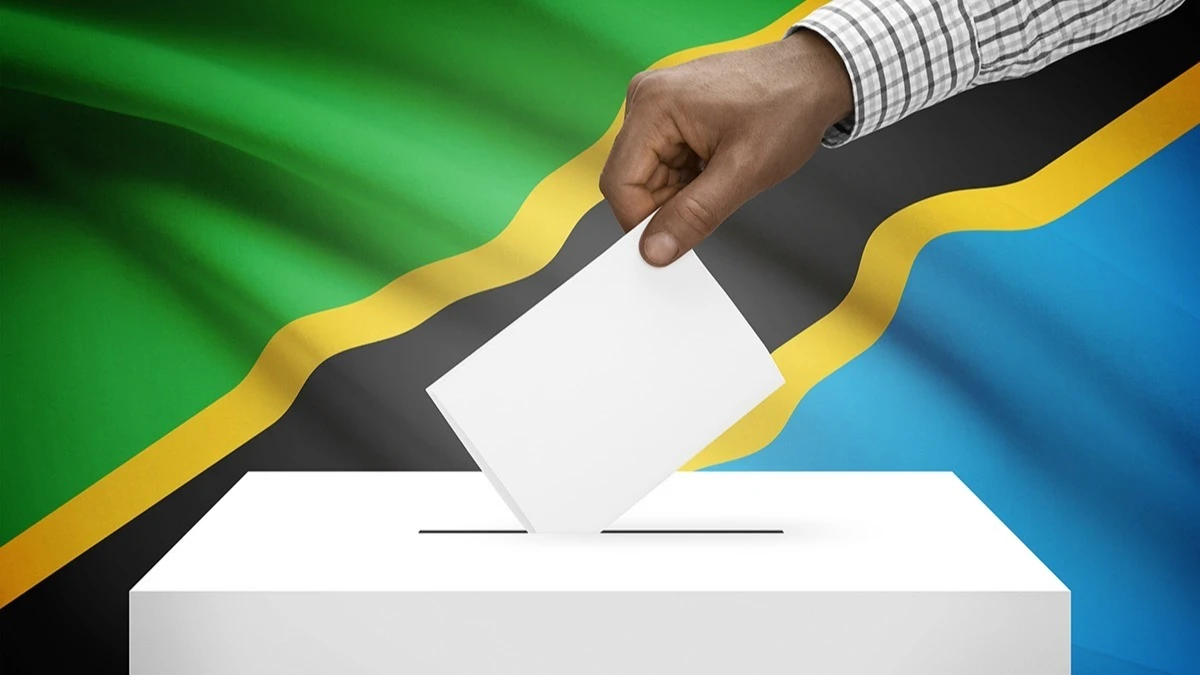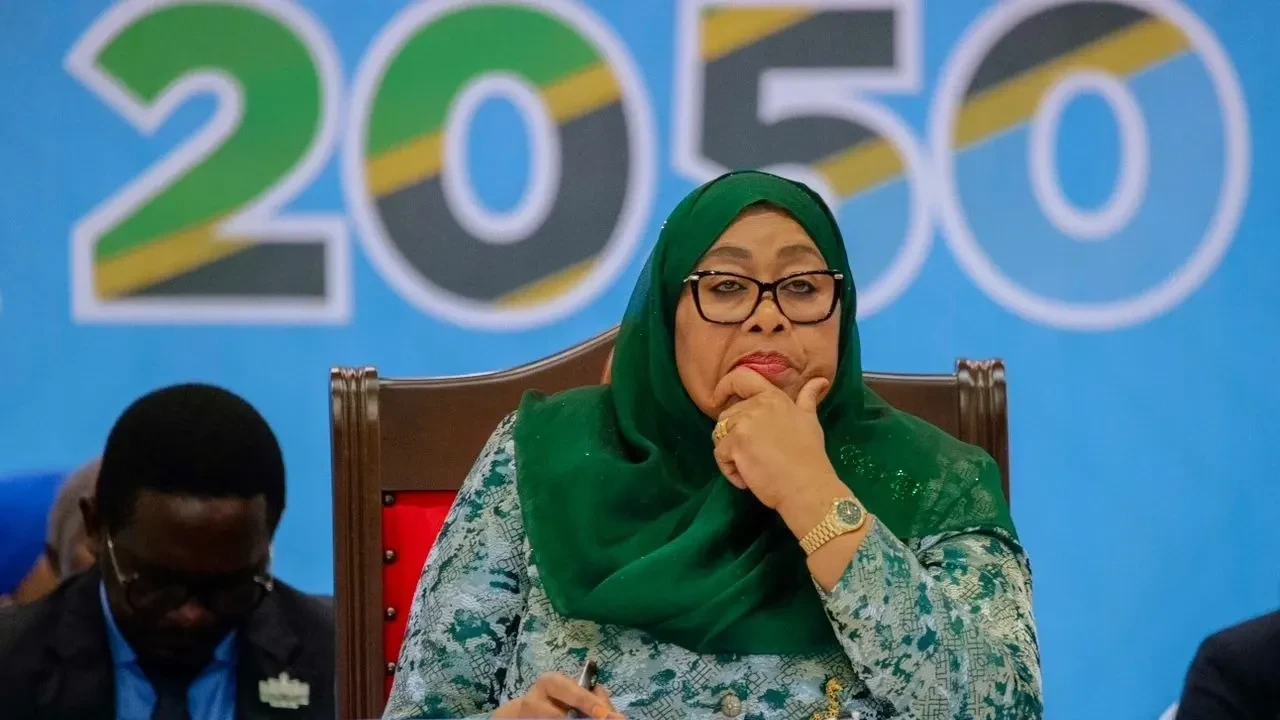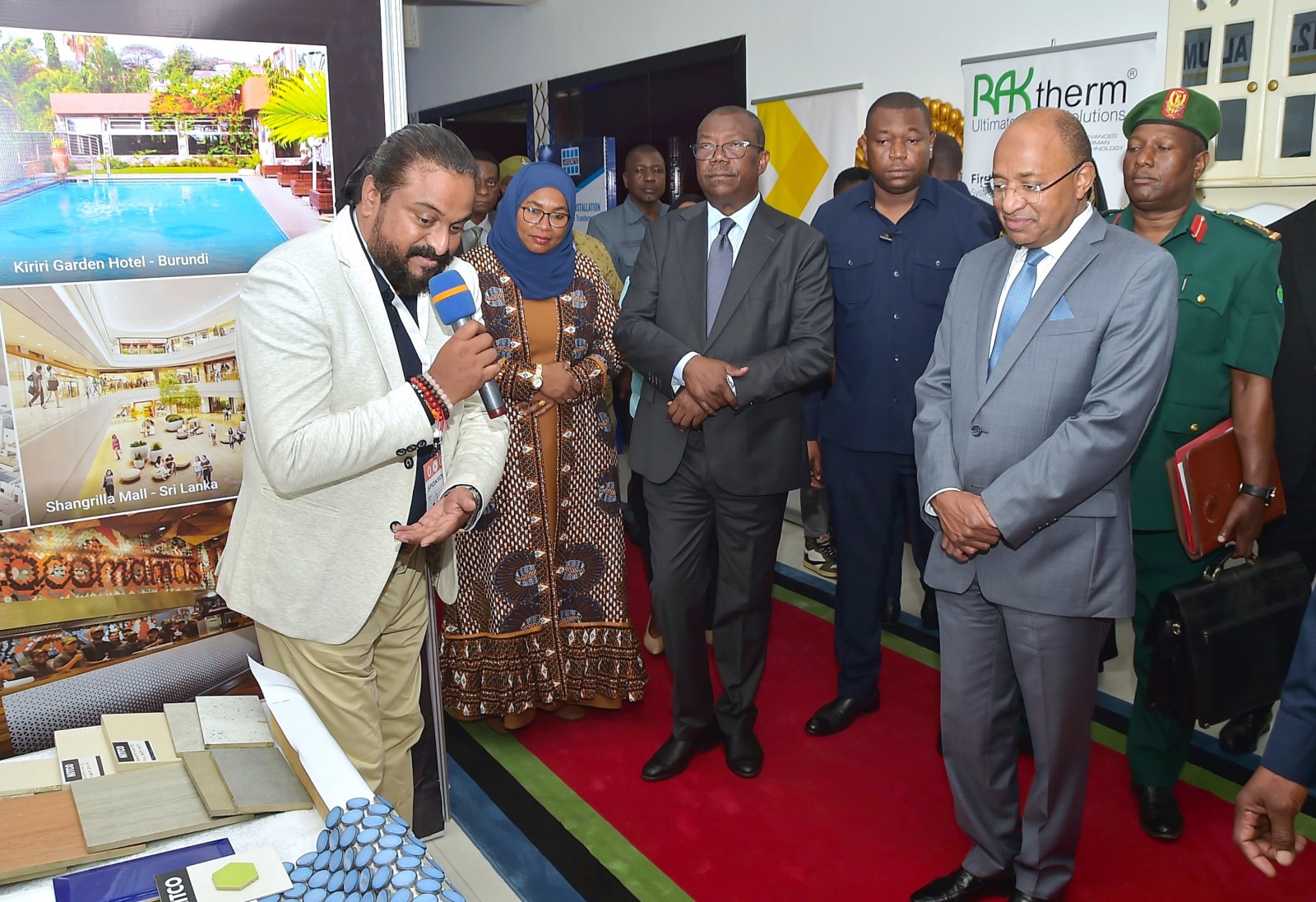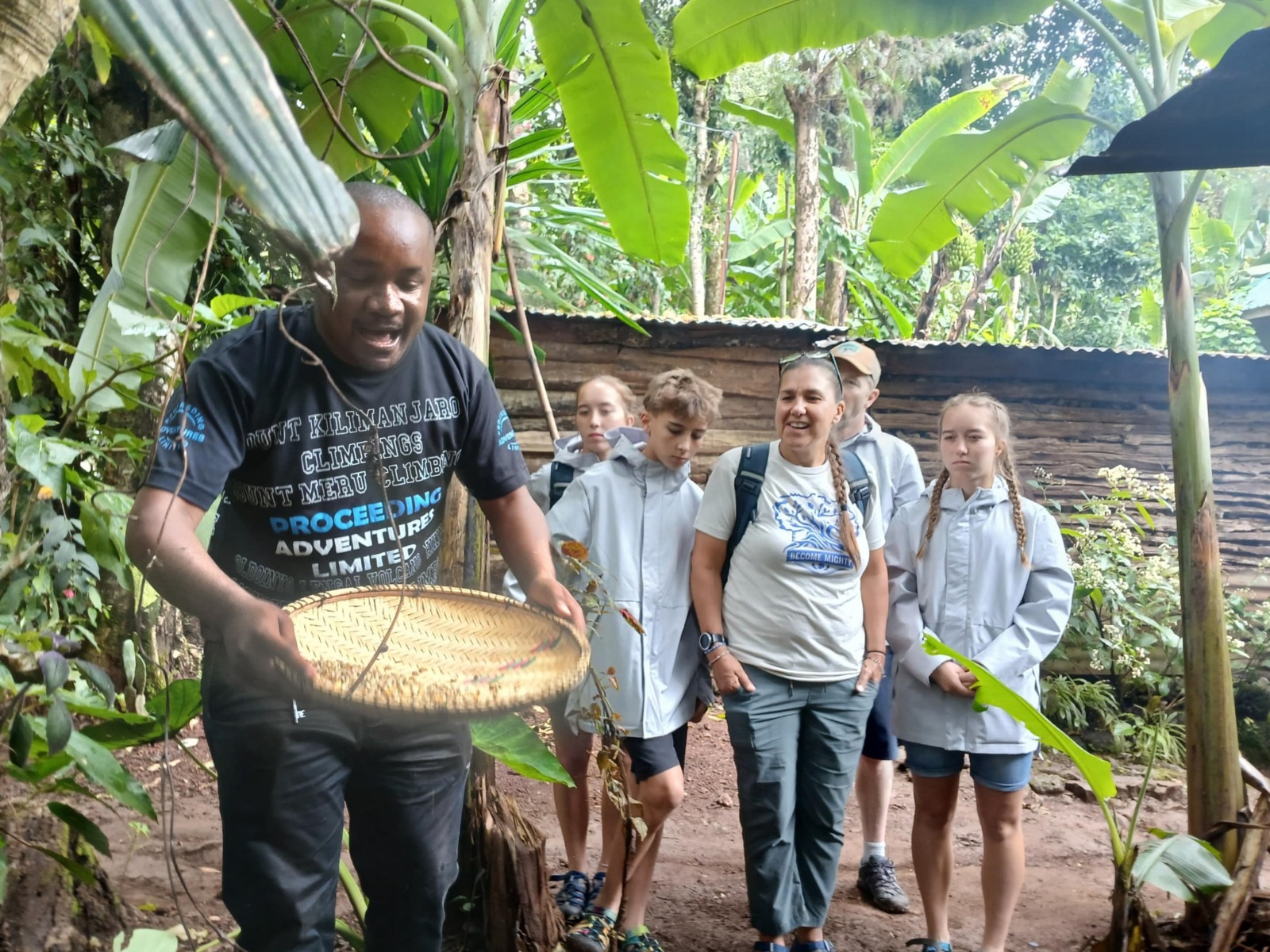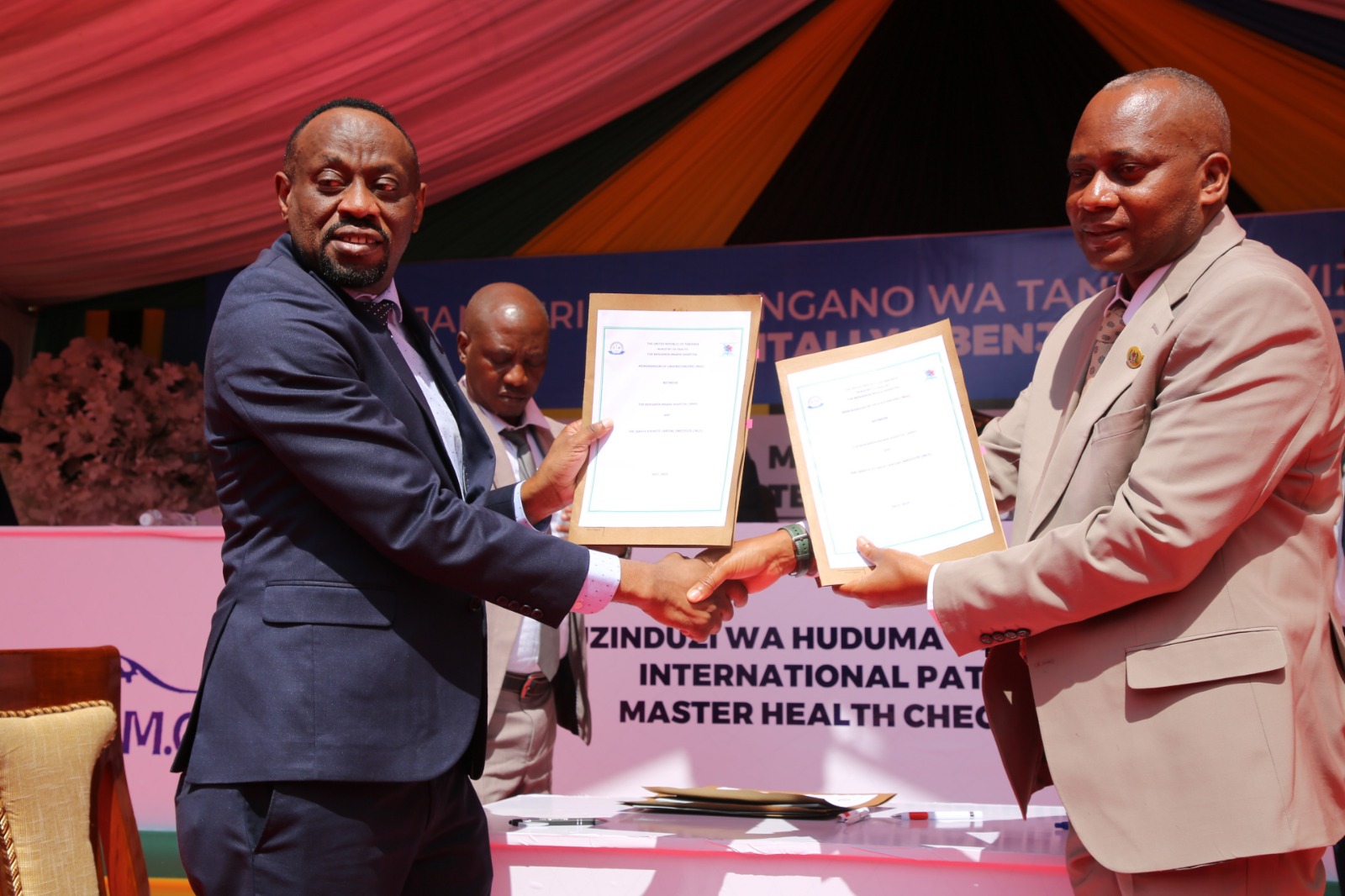Public keener on quality of representation in next polls
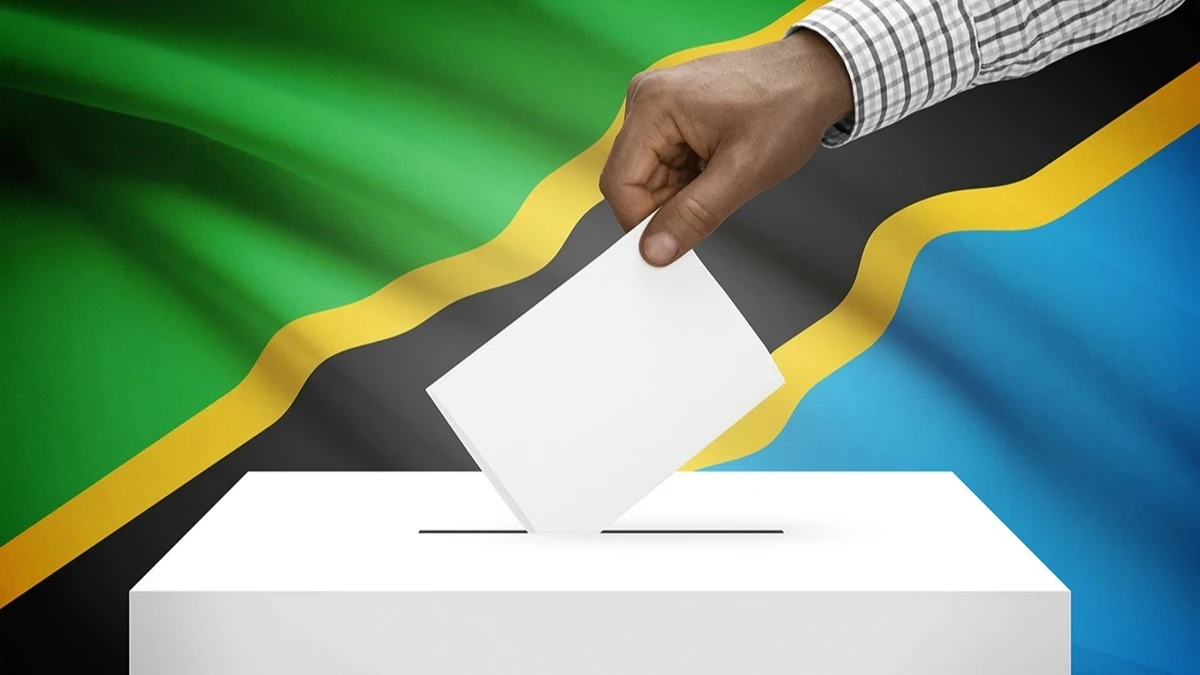
AS the country moves closer to the 2025 general election, eligible voters in different regions have expressed a clear and spirited call for a new generation of leaders, a survey has indicated.
Interviewed individuals in various urban and semi-rural areas said that people want members of Parliament (MPs) and district councillors who are action-oriented, accountable and genuinely committed to improving citizens’ lives.
In separate interviews, residents in Arusha, Mbeya, Kilimanjaro, Singida, Dodoma and Mwanza demanded that the public focus on results oriented leaders, not rhetoric; commitment, not convenience; and leaders who prioritise service to the people over personal gain.
In Arusha, Langasi ole Kipuyo said that what Tanzanians want in this election are leaders who deliver, ‘not those looking to build personal wealth. We need MPs and councillors with a record of implementing development projects that directly improve people’s lives.”
Violeth Emanuel, a resident of Sakina in the city, echoed this sentiment, asserting that voters want elected officials who can use their networks and influence to solve pressing issues—not just promise, but deliver.
Grace Meena of Siha District, Kilimanjaro Region, emphasised the importance of leaders who understand their communities: ‘We want someone who knows this constituency, has lived here, and feels our real struggles, not second-hand stories.
“We are tired of trial-and-error politics and hollow speeches every five years. We want visible progress that touches our daily lives."
Meanwhile, in Singida Region, residents are calling for leaders with integrity and courage, with Kelvin Msunga, a former regional secretary for ACT-Wazalendo, appealing for a more balanced legislature.
‘People want Parliament to reflect different voices—not just the ruling party. A diverse chamber facilitates robust debates and meaningful oversight,” he said, expressing displeasure at MPs who act like “party cheerleaders.”
“The public wants genuine discussions, not political theatre. We need leaders who hold the government accountable and protect public resources,” he emphasized.
Nyambi Robert, a market porter in Singida, urged parties to select accessible candidates: “We want leaders who listen and represent our voices, not those who disappear once elected.”
Singida’s regional sheikh, Nassoro Issa, was even more direct: “Many MPs neglect their constituencies and only resurface during campaigns with donations and empty words. The public is more alert now. Parties must present credible candidates or risk rejection.”
A tailor in Singida, Rashid Ramadhani said: “We don’t want leaders who disappear behind tinted car windows after being elected. We need MPs who care from day one through to the end of their five-year term.”
Similar calls came from Mbeya Region, where Neema Joseph from Iyunga said: “We want MPs who will fix our roads, improve health services and enable youth employment, not those who only care about political positions and privileges.”
Paul Komba, a motorcycle rider in Mbeya city, added: “We need leaders who can fight corruption and speak for the poor. The era of political decorations is over, we want leaders who face real problems and work with people.”
Dr Ajali Nguyahambi, a senior lecturer in politics at the University of Dodoma (UDOM), voiced hope that the next Parliament will demonstrate strong capacity in fulfilling its core functions—especially enacting robust laws that address the country’s governance and development needs.
“One of the key responsibilities of Parliament is to make laws. I expect the incoming Parliament to have the capacity to enact strong and effective laws that will uphold justice in various sectors, including investment,” he said.
Stressing the importance of Parliament serving as a truly independent and empowered institution capable of holding the executive branch accountable, he said that people want a National Assembly with real power.
“They want a body with teeth, which will not be swayed or compromised. It must ensure that the government delivers on its responsibilities to the people, using the country’s resources effectively. Parliament should not be run by the government; rather, it should provide oversight,” he insisted.
He further urged that those elected in this year’s general elections should act as true representatives of the people—raising critical issues and pushing for solutions to everyday problems faced by their constituents.
Edward Mlowe, a small holder on the fringes of the capital, said “agriculture is ignored by many politicians, yet it’s our backbone. We want leaders who understand local farming challenges and push for practical solutions like irrigation support, storage and market access.”
Angela Mussa, a university student, called for leaders who invest in education and youth: “As students, we want MPs who understand the importance of skills development, job creation and digital literacy. They must connect with our aspirations—not just talk about roads and water.”
In Mwanza, on the shores of Lake Victoria, businesswoman Mariam Abdul called for inclusive development. “Our leaders must represent everyone, including women and people living with disabilities.
“Accessibility, healthcare, and women’s rights are still a struggle in Mwanza. We want MPs who will champion all citizens, not just a few,” she stated.
Patrick Obwete, a youth leader at Ilemela in Mwanza city, added: “Young people are no longer just voters—we are stakeholders. Leaders must create platforms for youth voices and provide opportunities for us to lead and grow.”
Across all the regions, a common thread is evident: Tanzanians are demanding people-centred leaders with integrity, proximity to the grassroots, and a track record of service delivery.
Many say they are tired of campaign-time promises and are now looking for leaders who will stay engaged beyond elections, the survey indicated.
Top Headlines
© 2025 IPPMEDIA.COM. ALL RIGHTS RESERVED








